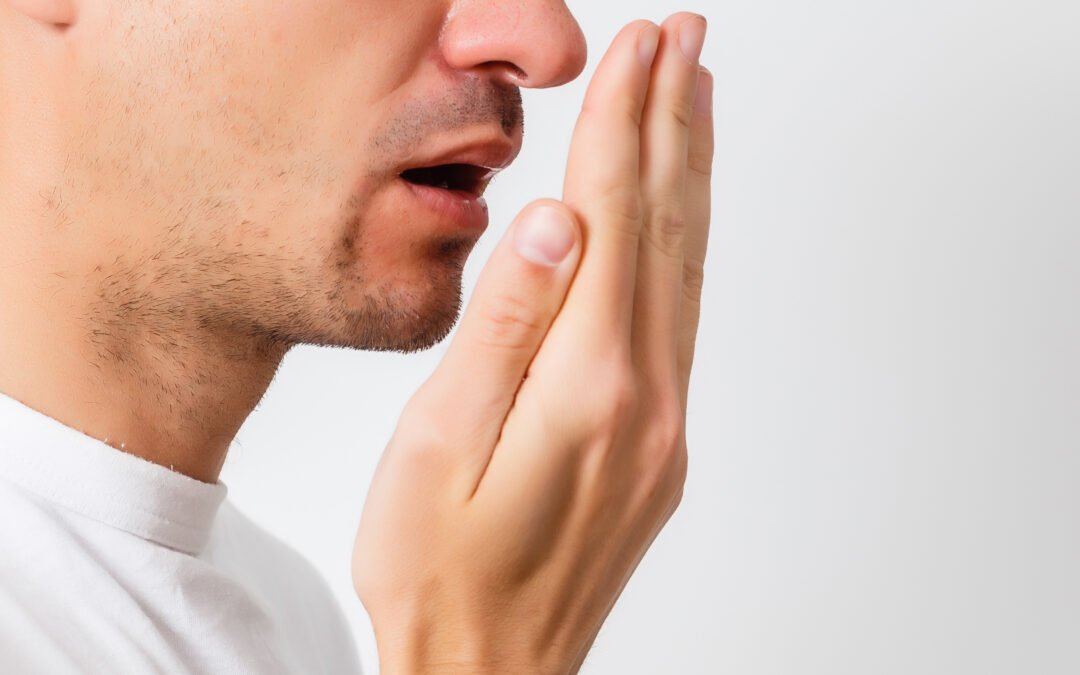
July 7, 2025
3 Surprising Causes of Bad Breath
Bad breath, or halitosis, can be an embarrassing problem that affects many people. While common causes such as poor oral hygiene, certain foods, and smoking are well known, there are some surprising factors that can contribute to bad breath. Let’s explore three unexpected causes:
1. Dehydration:
Amazing link:
- Dehydration may not be the first thing that comes to mind when we think of bad breath, but it can play a significant role.
How it works:
- Saliva is essential for maintaining a healthy oral environment. It helps cleanse your mouth by removing bacteria and food particles. When you’re dehydrated, your body produces less saliva, leading to dry mouth. A dry mouth is an ideal environment for bacteria to thrive and cause bad breath.
Solution:
- Stay well hydrated by drinking adequate amounts of water throughout the day. This not only promotes overall health but also helps keep your mouth moist and less susceptible to odor-causing bacteria.
2. Certain Medications:
Amazing link:
- Some medications, even those prescribed for non-dental conditions, can contribute to bad breath as a side effect.
How it works:
- Medications that cause dry mouth (xerostomia) can reduce saliva production, similar to dehydration. Additionally, some medications are broken down in the body to release chemicals that can be carried to the lungs and exhaled, producing an unpleasant odor.
Solution:
- If you suspect your medication is causing bad breath, consult your healthcare provider. They may adjust your dose, change your medication, or recommend strategies to manage dry mouth, such as chewing sugarless gum or using artificial saliva.
3. Digestive Problems:
Amazing link:
- Problems within the digestive system can contribute to bad breath, and the connection may not be immediately apparent.
How it works:
- Gastrointestinal conditions such as acid reflux (GERD) can cause stomach acids to regurgitate into the mouth. These acids, when mixed with oral bacteria, can cause an unpleasant odor. Additionally, conditions that affect digestion and nutrient absorption can contribute to an unusual odor.
Solution:
- If you suspect digestive problems may be causing your bad breath, it’s essential to consult a healthcare professional. They can diagnose and treat the underlying condition, which, in turn, can help improve your breathing.
Conclusion:
While maintaining good oral hygiene remains crucial to combating bad breath, considering these surprising causes can provide insight into persistent halitosis. Addressing dehydration, discussing medication-related issues with your healthcare provider, and exploring potential digestive issues can contribute to fresher breath and overall oral health. If bad breath persists despite addressing these factors, it’s advisable to consult a dentist or healthcare professional for a comprehensive evaluation and guidance.
